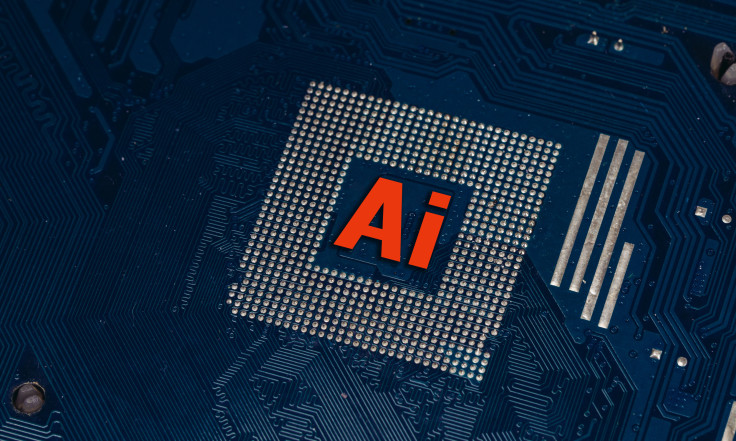Majority of Americans Believe AI Will Improve Healthcare In 2024, According to Recent Survey
In the past year. AI has been responsible for some prominent breakthroughs in diagnosis and treatment, and in the UK, AI is already being used in the NHS to halve treatment times for stroke patients.

The majority of Americans believe AI will improve healthcare in 2024, according to a new survey.
The study, carried out by Medtronic and Morning Consult, saw more than half of respondents recognize the potential of AI to enable earlier diagnosis and improve access to care.
51 per cent of adults in the US are optimistic new applications of AI will lead to major advancements and breakthroughs in healthcare in the year ahead,
This represents a significant shift in attitudes towards AI – a survey in June showed 60 per cent of Americans would be uncomfortable with a healthcare provider who relied on artificial intelligence to do something like diagnose their disease or recommend treatment.
Since then, AI has been responsible for some prominent breakthroughs in diagnosis and treatment.
In the UK, AI is already being used in the NHS to halve treatment times for stroke patients and to assist doctors in analysing brain scans, reducing the time between admission and treatment by more than one hour – saving valuable staff time and improving patient recovery.
Researchers have also developed an AI system that may help doctors detect cancer.
A cross-national research partnership between the University of Toronto's Xilin Liu and Andrew G. Richardson of the University of Pennsylvania has been made to develop a new generation of electronic devices that can help investigate sleep modulation.
With patients now seeing the benefits of harnessing the power of technology, some of the highest levels of optimism for AI in healthcare are around diagnoses and improving healthcare access.
Roughly six in ten adults (61%) agree one of the main benefits of using AI in healthcare is to diagnose and detect health conditions, and approximately two-thirds (65%) of adults agree technology can help break down barriers to healthcare with more than half (56%) saying AI (specifically) can be beneficial in improving healthcare access.
"Disruptive technologies like AI alter the trajectories of our daily lives, changing how we shop, how we communicate, and how we receive healthcare," shares Ken Washington, chief technology and innovation officer at Medtronic.
"While scepticism is natural, the survey found strong optimism around the potential of AI in healthcare. And the reality is, the way we engage with AI will likely look radically different five to 10 years from now."
"That said, there is one thing I'm certain of – the responsible, ethical use of AI has the power to radically improve healthcare for both patients and doctors," added Washington.
Since the release of ChatGPT in November 2022, AI has exploded into the mainstream discourse, and the technology has been developing at a rapid pace.
This led some experts to express concern at the unregulated development of AI models and called for laws and guidelines to be introduced.
In a letter issued by the Future of Life Institute, the growing unease at AI's advancement was expressed, stating: "They should be developed only once we are confident that their effects will be positive and their risks will be manageable."
With this in mind, world leaders and tech specialists gathered as UK Prime Minister Rishi Sunak hosted the world's first 'AI Summit' in Bletchley Park, Buckinghamshire last month.
In the build-up to the conference, Sunak announced the establishment of a 'world first' UK AI safety institute.
The organisation will aim to "advance the world's knowledge of AI safety".
During the conference, nations including the UK, United States and China on Wednesday agreed on the "need for international action" publishing the "Bletchley Declaration" signed by 28 countries and the European Union.
In it, they decided on "the urgent need to understand and collectively manage potential risks through a new joint global effort to ensure AI is developed and deployed in a safe, responsible way for the benefit of the global community".
Sunak described the declaration as a "landmark achievement".
© Copyright IBTimes 2024. All rights reserved.






